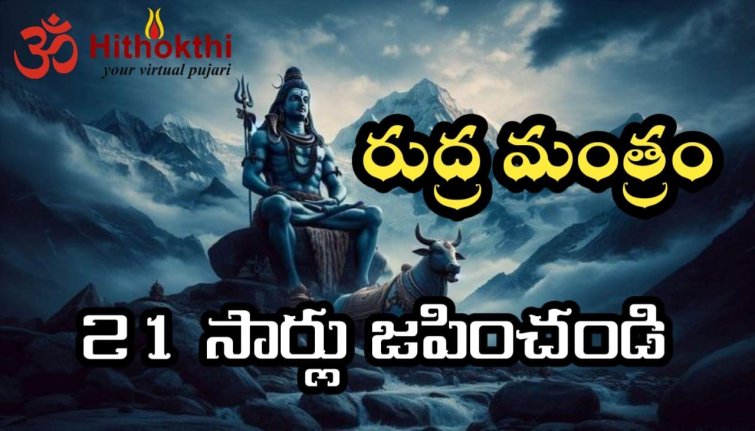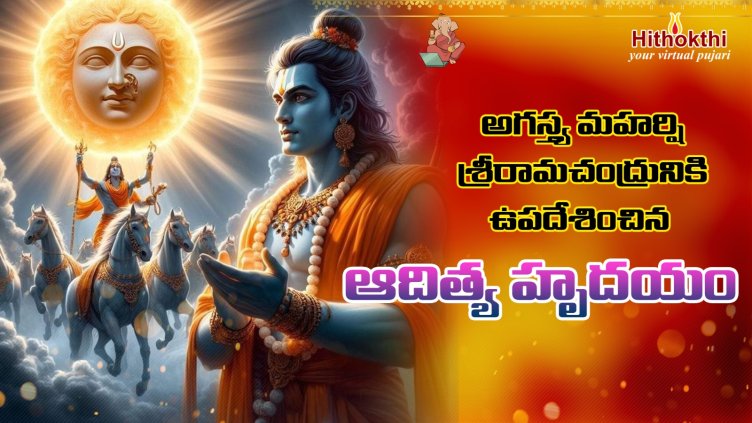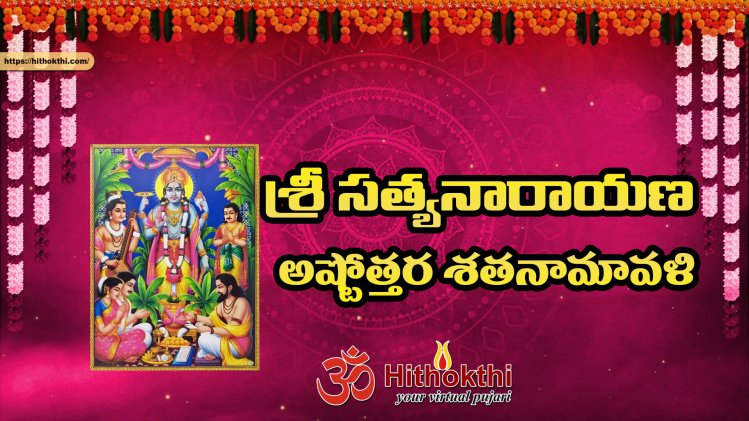A unique religious superstition and its lawful remedy

Karnataka January 30, 2014: I first see Nagaveni from the back of a crowded jeep. We are both heading in the same direction, toward the famed KukkeShriSubrahmanya temple in Karnataka’s Dakshina Kannada district. There she is, rolling along the tarred road, a horizontal body in motion, hands clasped above her head and legs extended, her maroon tunic stained brown, her long hair a dirty clump. A male relative guides her through the traffic with a stick. The surreal figure rolls past pilgrims’ vans, motorcycles, autorickshaws, even a stray tractor. Often she stops and rests on her back, panting lightly. Then I see her turn over and start heaving. She leaves behind a white, triangular patch of gastric juice. Other travelers in the jeep explain to me that the young woman is performing a ritual known as beedi made snana. (This is distinct from a more controversial ritual called made madesnana, but more on that later.) I decide to follow her, shuffling behind a supporting cast of relatives. We all enter the temple, watching the body slip down the hard stone stairs, edge past the heavy legs of a festive elephant, careen down a slope, and finally slide into a shockingly cold stream in the back of the sanctuary. It has taken Nagaveni more than four grueling hours to reach this spot, which is about two and a half kilometers from the starting point on the banks of the Kumaradharariver. Her female kin scrub her clean, and then she disappears behind a screen to change into a fresh outfit and refasten her gold jewelry. Temple authorities and local doctors tell me thatNagaveni is one of 5,000 people who come to KukkeSubrahmanya each year for beedi made snana, completing the ritual despite the risks of dehydration, dizziness, headaches, vomiting, and abrasions. (At the ChampaShashti festival that I witnessed last month, several young men were run over by motorcycles that bruised their hands and feet.) For many devotees, the ritual conveys gratitude for a wish already granted; others roll for relief from financial problems or health issues. It’s a practice often recommended by astrologers. Nagaveni turns out to be a 24-year-old mother of two with a rather intriguing back story. What does she do for a living? She rolls beedis. Why did she perform the ritual? Like her neighbor in Madikeritaluk, Nagaveni was suffering from severe headaches, and when the pain subsided, she decided to roll toward the temple in thanks. Her story hovers over the grassroots campaigns surrounding the Karnataka Prevention of Superstitious Practices Bill – a piece of legislation that would outlaw rituals that “violate human dignity,” according to a draft prepared by academics at the National Law School of India University in Bangalore. The bill’s supporters proudly invoke the name of 12th century reformer Basaveshwara, along with Kuvempu, Raja Ram Mohan Roy and BR Ambedkar. Opponents denounce the proposed legislation as blasphemy. Beyond the rhetoric, however, Nagaveni’s journey reminds me how deeply subjective any classification of ritual can be. While I might perceive her grimy, bruised body as a violation of human dignity, Nagaveni sees no compromise of her own self-worth. Certainly, the question of criteria is tricky. The draft bill envisions a state-level authority to crack down on practices that cause “significant harm and exploitation,” with committees formed in each district to field complaints. While the list of practices is essentially open-ended (since complainants would be free to object to any sort of ritual that they perceive to be cruel), the draft bill explicitly seeks to quash human sacrifice, black magic, hanging from hooks (sidi), isolation of pregnant or menstruating women, sexual exploitation of women by godmen, and made madesnana, which involves Hindu devotees rolling over leftovers of food consumed by Brahmins. There is no outright ban on practitioners of astrology or vaastu, though the draft bill would enable sanctions against those who are most rapacious. Following on the heels of a similar law passed in December in Maharashtra – triggered by the murder of well-known rationalist NarendraDabholkar - Karnataka’s draft law contains all the tensions nested within India’s Constitution, annually celebrated on January 26, Republic Day. The constitution calls for establishing a “scientific temper” and “secular outlook”, while also ensuring freedom of religion, and more broadly, freedom of conscience and belief. But there is a long road ahead for the anti-superstition legislation, which has not yet been introduced during a parliamentary session.







